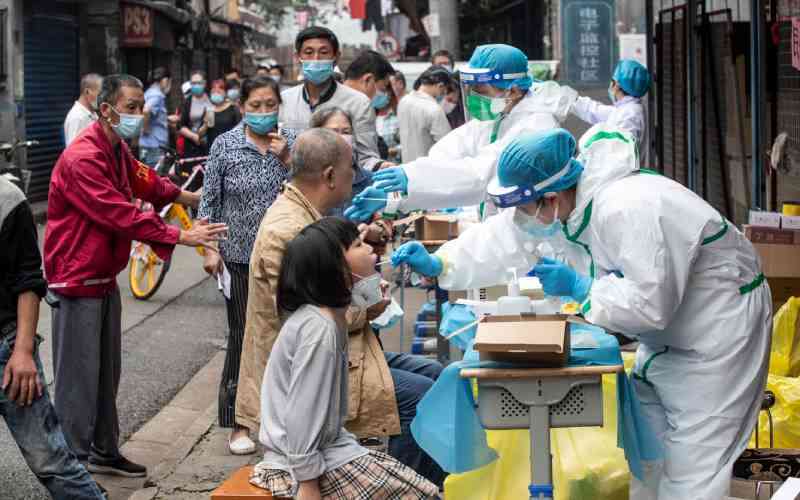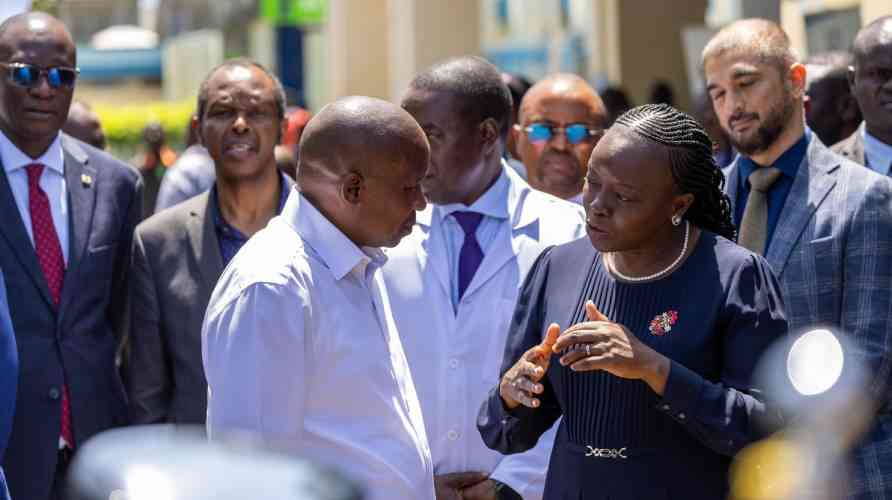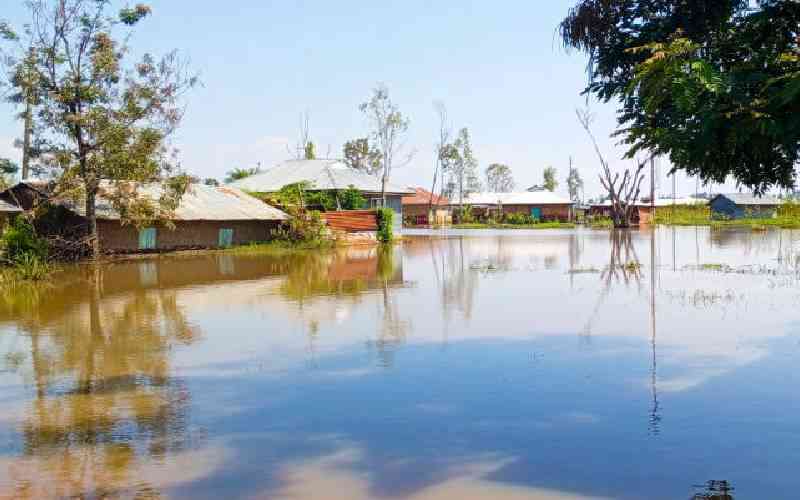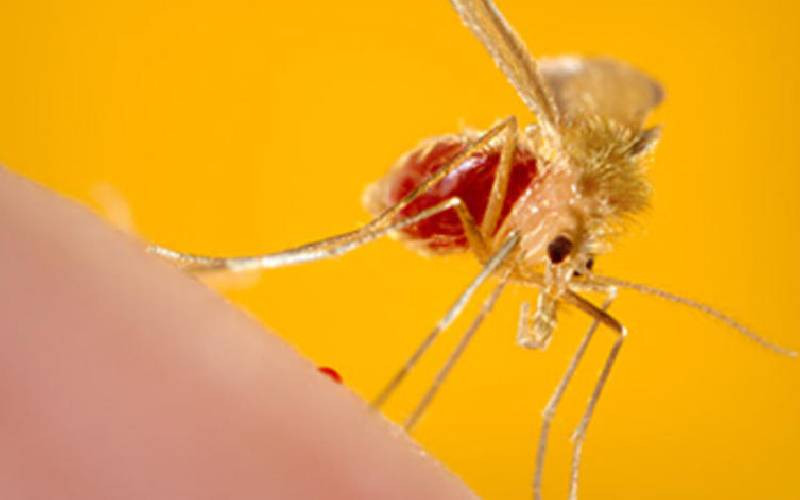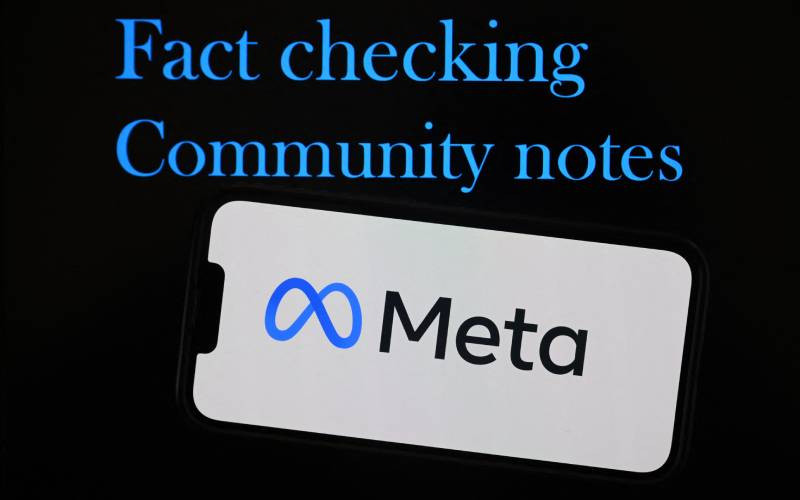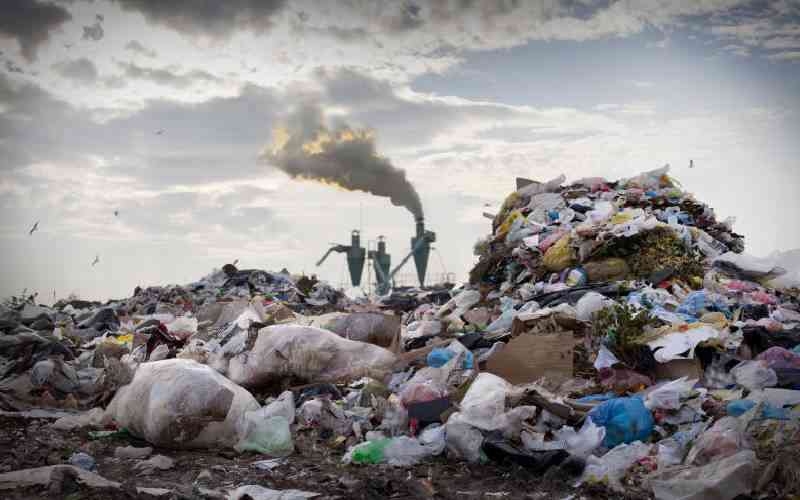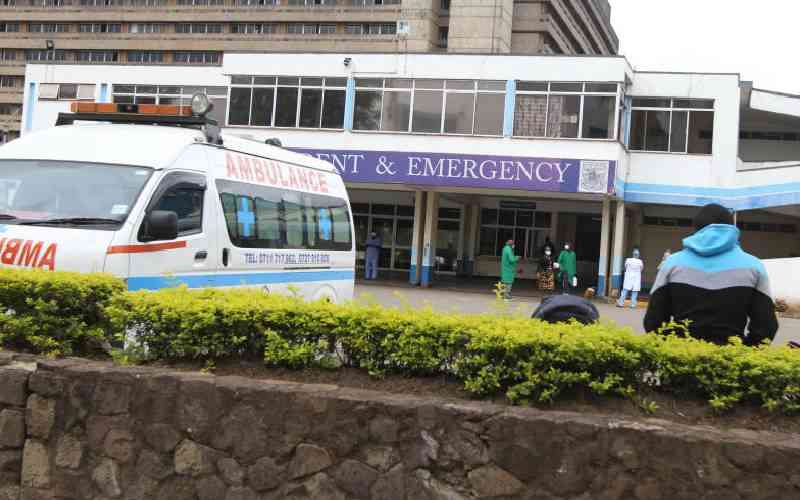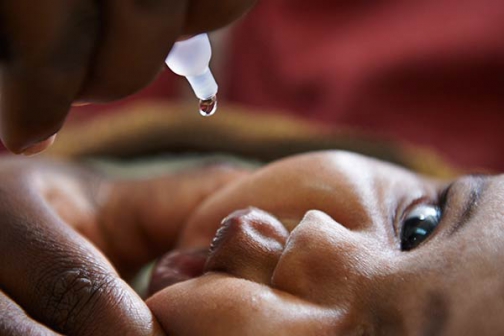
For a long time, no person in Kenya suffered the devastating disability that is caused by polio. In fact, the only reminder in the early 2000s was the victims in the streets of Nairobi, many of whom had been paralyzed as children and adults. Their lives were ravaged by this terrible, vaccine-preventable disease.
Sadly, in 2013 a large outbreak of polio in Nigeria spread across the continent, affecting several countries on its way east. Kenya was not spared. Fourteen new polio cases were confirmed. The polio virus struck those that were unvaccinated – the most vulnerable and the most excluded -- children in areas with poor access to health services, refugees, and nomadic communities. Fortunately, a rapid response by the Government of Kenya brought the polio outbreak under control, and the last case was found in July 2013. At that time, it seemed that the country was well on the road to being declared polio-free.
Recently however, concerned scientists have pointed to the increasing risk of polio, namely the large numbers of children who remain unvaccinated, especially in vulnerable populations in the northern part of the country and in the informal settlements of Nairobi and Mombasa. Furthermore, the notion that the African continent was free from the polio virus was shattered when four new polio cases were again found in northern Nigeria. Given the previous experience, health experts and Ministries of Health recommended that the areas with low vaccination rates should be targeted with vaccination campaigns, specifically designed to reach those that were left out by the routine vaccinations.
Since the establishment of the Expanded Programme of Immunization (EPI) in 1980, Kenya deserves credit for reaching the majority of children with life-saving vaccines. But progress is very uneven and many children remain unvaccinated. Consider this -- an estimated 400,000 (3 out of 10) children still do not receive all the required scheduled doses of vaccines by their first birthday. This build-up of under-immunized children contributed to previous outbreaks of polio. Most of these children come from poor families, the urban informal settlements of Nairobi and the remotest parts of the country, particularly arid and semi-arid (ASAL) regions where access to health services is limited.
As long as there is a child out there who has contracted this disease, no matter where they live or who they are – all children everywhere are not safe. The four cases confirmed in October 2016 in the current polio outbreak in Nigeria place other African countries, including Kenya, at risk of importing the wild polio virus, due to the number of unvaccinated children and the high population movement.
In the final push towards eradicating polio by 2018, Kenya with its strict monitoring system for the safety and quality assurance of vaccines, has already proved that it has the capacity to make the whole country polio-free. The next polio campaign scheduled to be held from 18-22 January 2017 is targeting more than 2.9 million children below the age of 5 years in the fifteen counties of Bungoma, Busia, Garissa, Isiolo, Lamu, Mandera, Marsabit, Nairobi, Samburu, Tana River, Trans Nzoia, Turkana, Wajir, West Pokot and Uasin Gishu. Children in high-risk areas -- some of whom have never been reached with immunization services before -- will have another opportunity to be vaccinated against polio.
To ensure that all vulnerable children are reached, we will be relying on the steadfast commitment of vaccination teams and the communities they serve. These heroic women and men will walk from house-to-house, often in the most dangerous of circumstances to reach all children. Communities where the polio campaign is backed and encouraged by religious and community leaders have much higher rates of protection than those that lacked this support.
Finally, as part of the worldwide campaign to eradicate polio, let us all rally behind this polio vaccination campaign to reach each and every child no matter how difficult it may be. We have a responsibility to protect hundreds of thousands of children in Kenya from being paralyzed for life; from being excluded from their communities; and from being denied their right to a full and productive life.
In 2017 and beyond, no child in Kenya should die from a vaccine-preventable disease. Every child deserves to live in a polio-free world.
Rudi Eggers, WHO Country Representative in Kenya and Werner Schultink, UNICEF Representative in Kenya
 The Standard Group Plc is a multi-media organization with investments in media platforms spanning newspaper print
operations, television, radio broadcasting, digital and online services. The Standard Group is recognized as a
leading multi-media house in Kenya with a key influence in matters of national and international interest.
The Standard Group Plc is a multi-media organization with investments in media platforms spanning newspaper print
operations, television, radio broadcasting, digital and online services. The Standard Group is recognized as a
leading multi-media house in Kenya with a key influence in matters of national and international interest.

